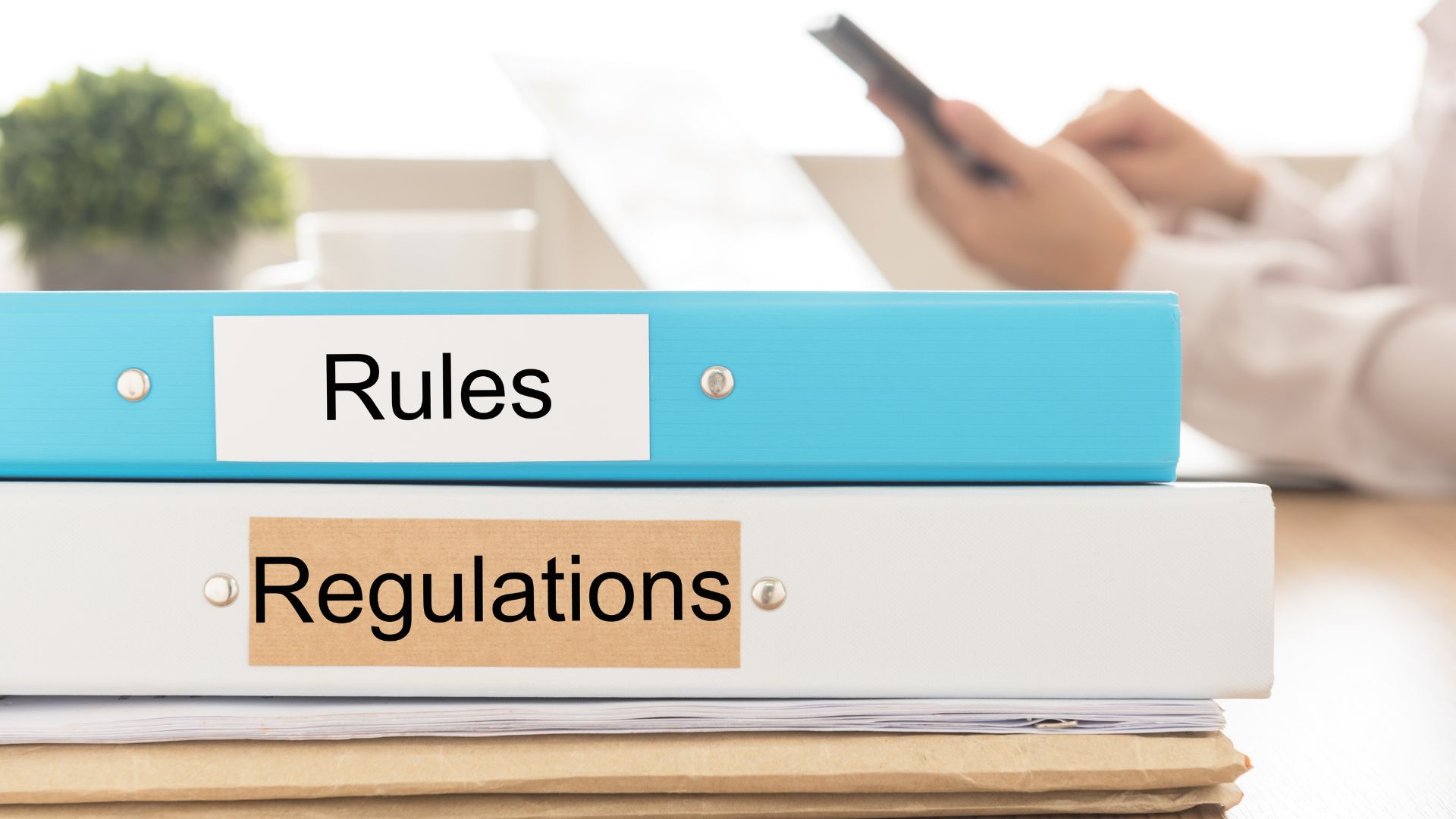Calgary, Canada Airbnb Rules & Regulations
Last updated on: 4th July, 2025


Last updated on: 4th July, 2025

Calgary has established a comprehensive framework of regulations for short-term rentals, including those offered through platforms like Airbnb. Hosts must navigate a set of rules designed to ensure safety, transparency, and accountability, while also supporting the local community. Here’s an overview of the current regulations and upcoming changes:
1. Licensing Requirements: - All short-term rental hosts must obtain a Short-Term Rental Business License. The licensing system is tiered based on the number of rooms rented out: - Tier 1: 1 to 4 rooms - $100 CAD per property - Tier 2: 5 or more rooms - $172 CAD per property, plus a $104 CAD fire inspection fee - Applications can be submitted online or in person at City Hall, and must include comprehensive documentation related to property ownership or consent from the owner.
2. Key Regulations: - Egress Requirements: All rental rooms must have at least one egress window, ensuring safe exits during emergencies (not applied in multi-story buildings under existing fire safety standards). - Maximum Occupancy: Hosts cannot allow more than two adults per bedroom, not including minors, to prevent overcrowding. - Overlapping Bookings: Hosts cannot accept simultaneous bookings for the same property for different guests. - Advertising Compliance: The business license number must be displayed in all marketing or advertisements related to the rental. - Emergency Contacts: A prominently displayed emergency contact with a 24/7 availability is mandatory. - Record Keeping: Hosts must maintain electronic guest records, which include guests' names, email addresses, and stay durations, and present them on request to city inspectors.
3. Fire Safety and Insurance: - Starting in January 2024, hosts will need to provide a detailed fire safety plan as part of their application, including the layout for accessible rooms, and the locations of smoke alarms and fire extinguishers. - Proof of liability insurance with a minimum coverage of $2 million from a registered insurer is also necessary.
4. Upcoming Changes (Effective January 1, 2024): - The city will require a detailed fire safety plan for properties, escalating the need for compliance on safety standards. - A new tier of licenses will be introduced based on whether properties are operated as primary or non-primary residences, reflecting a shift towards limiting commercially operated rentals to protect housing availability. - A temporary moratorium on new non-primary residence licenses until vacancy rates reach 2.5% will be enforced, with additional requirements for licensing STR companies.
5. Fines for Non-Compliance: - Non-compliance with the regulations can lead to significant fines, up to $1,000 CAD per offense, such as operating without proper licensing, allowing unauthorized guests, or failing to maintain required records.
6. Tax Obligations: - Short-term rental income is taxable; hosts must report it on their income tax returns. If rental income exceeds $30,000 CAD, hosts must also register for Goods and Services Tax (GST).
7. Community Considerations: - Hosts must be aware of any condominium or community association regulations that may restrict or prohibit short-term rentals, as adherence is essential for compliance and smooth operation.
Overall, while Calgary encourages short-term rentals for economic growth, it places significant emphasis on ensuring safety, accountability, and community harmony. Hosts looking to succeed should remain informed about regulations and adjust their operations accordingly to enhance compliance and sustainability in the local rental market.